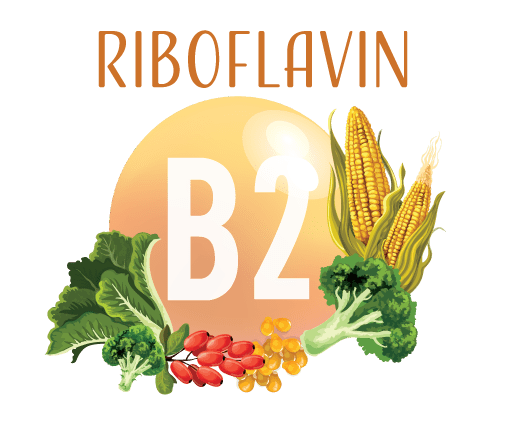UTILIZATION
Cells are the building blocks of life, responsible for a vast range of functions within our bodies. But did you know that vitamin B5, also known as pantothenic acid, plays a crucial role in ensuring these processes run smoothly?
B5 is an essential nutrient that our bodies can’t produce on their own, meaning we need to get it through our diet or supplements. Once inside the body, it’s converted into coenzyme A, which is used by the mitochondria – the powerhouse of the cell – to break down fats and carbohydrates for energy.













